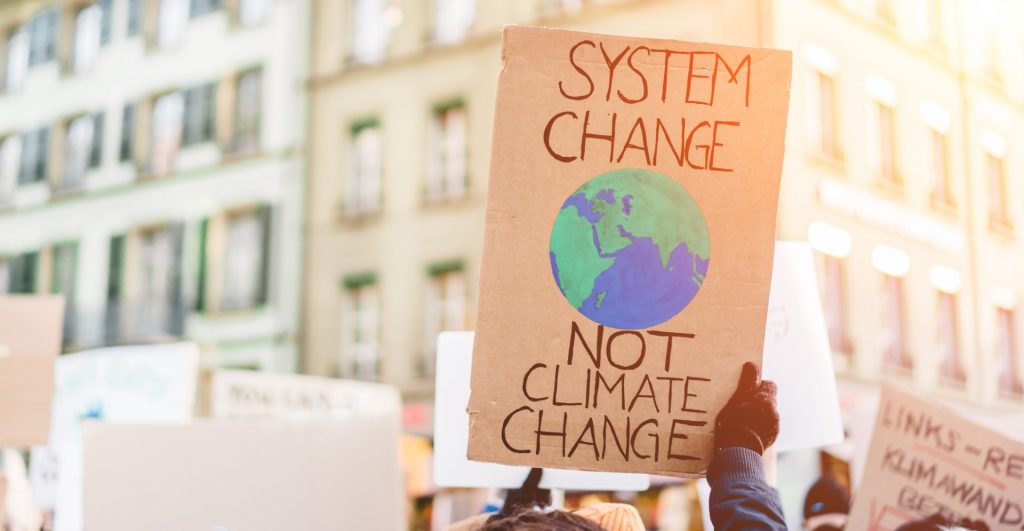Students and faculty come together to discuss an uncertain future
By Tania Arora, Staff Reporter
On March 22 the Douglas College New Westminster campus played host to the annual Climate Change: Building Capacity and Resilience dialogue.
Douglas College faculty members Siobhan Ashe, professor of Sociology and Anthropology, and Geography instructor Sarah Paynter, along with their respective classes and other Douglas students and community members, came together to discuss solutions for common problems in this era where the climate is changing drastically. The dialogue was presented by the Faculty of Humanities and Social Sciences. The conversations were guided by several principles, one of which was to “be guided by a spirit of curiosity.”
The students were divided into groups and asked to discuss climate change in relation to different themes such as no-car cities, community leadership, local food, fast fashion, environmental justice, food waste, the role of agriculture in climate change, and more. The groups designed their own posters to summarize the problem, their research questions, findings, synopses, effects, and conclusions. The discussions featured three rounds of dialogue during which students came up with answers to the given questions.
“This year we are looking at knowledge-sharing, envisioning possibilities for the future, and moving into actual action. These common issues are what people need to be aware of,” said Ashe.
One of the posters focusing on local food stated, “We conclude that local food on campus is beneficial for sustainability and resilience for the environment. A local program would be valuable at Douglas College.”
The Toronto Food Policy Council reported that Canadians waste on average $31 billion worth of food products each year. The report stated, “The accumulative cost of associated wastes (i.e. energy, water, land, labour, capital investment, infrastructure, machinery, transport) has been estimated by the United Nations’ Food and Agricultural Organization at 2.5 times greater than the ‘face value’ of wasted food, making the overall cost of food waste in Canada exceed 100 billion.”
Issues of “fast fashion” and clothing waste were also discussed as part of the dialogues. In 2017, Greenpeace International reported that H&M has been burning their unsold clothing each year.
H&M isn’t the only brand destroying its own product. Vox reported that in 2018, Burberry destroyed $36.8 million worth of its goods—in a year where the British luxury giant drew in revenue of $3.6 billion.
“We should be buying quality clothes, fewer clothes and clothes that would last for years and years,” said Ashe during the dialogues. “Young people have it in them, ‘we have to shop,’ and we have to stop shopping and throwing them into garbage.”
At the end of the discussion, the students and faculty members wrote postcards to Prime Minister Justin Trudeau to be sent to his office pertaining to the problem of climate change and requesting action.


